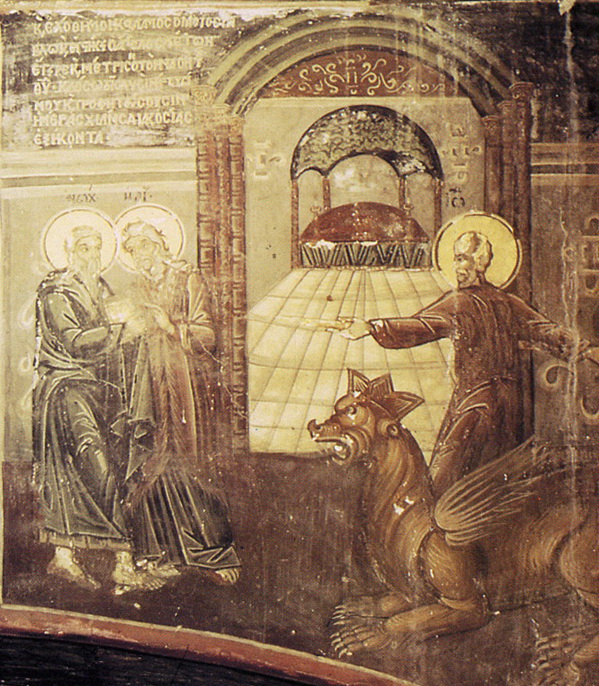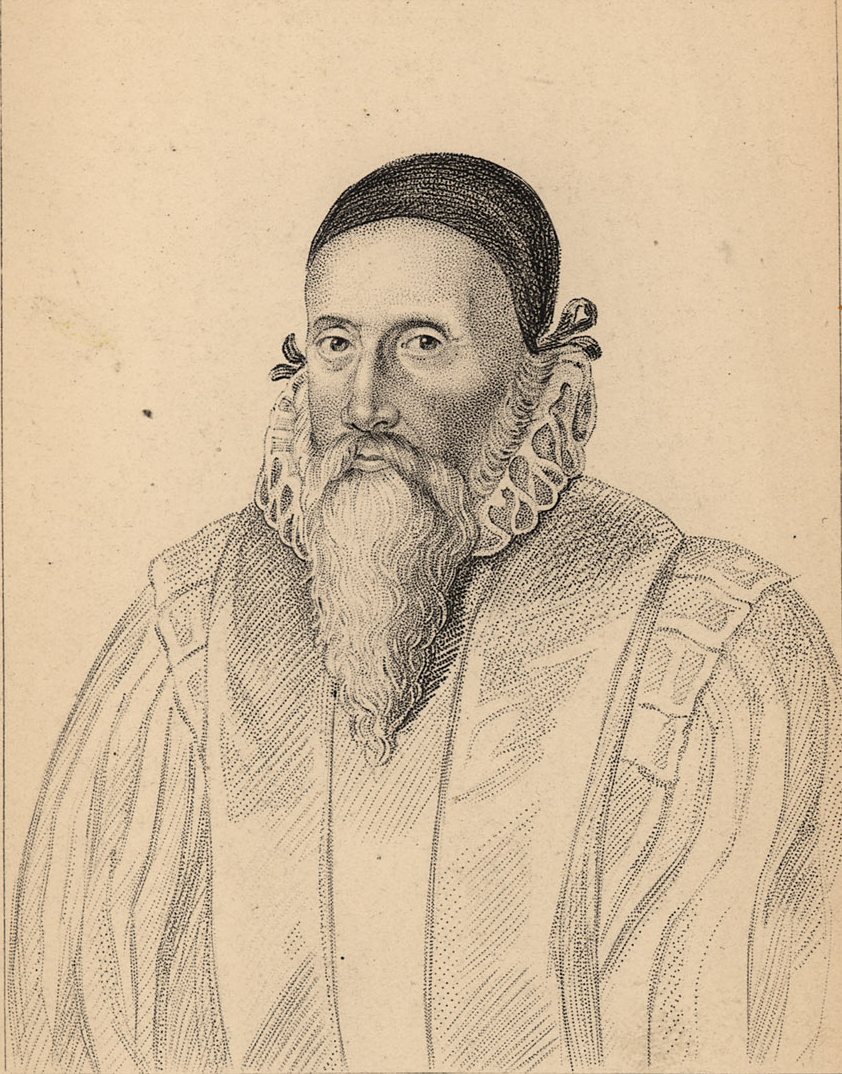
I will commission my two witnesses to prophesy for those 1,260 days, dressed in sackcloth. These are the two olive-trees and the two lamps that stand before the Lord of the earth…. But when they have completed their testimony, the beast that comes up from the abyss will wage war on them and overcome them and kill them. (Apocalypse 11:3-4, 7)
The two witnesses–lit. martyrs–are spokesmen for God that are killed by the powers that oppose God. Their corpses will remain in the streets to be mocked and defiled but they will be raised from the dead and ascend into heaven. The murder of the two witnesses is the second of the “three woes” that are expected (Apoc. 9).
The witnesses are dressed as prophets, in sackcloth, and preach for more than a thousand days (the symbolic length of history). They are compared to the king Zerubbabel and the high priest Joshua (Zech. 2 and 4). Some authors thought the two witnesses would be Moses and Elijah (who was taken into heaven without dying), come to proclaim the judgement of God; frequently others think the two witnesses will be Moses and Enoch (who was also taken into heaven without dying).
The beast from the abyss slays the witnesses after they have been preaching for 1,000+ days. Later in the Apocalypse, we read the same story from another perspective: “When the 1,000 years are ended, Satan will be let loose from his prison and he will come out to deceive the nations” (Apoc. 20:7-8). We also read the same story from another perspective in the next chapter of the Apocalypse when the dragon attacks the woman clothed with the sun–one of my favorite episodes in the New Testament!
Repeatedly in the Gospel and throughout the history of the Church, the devil and the powers of Death that rebel against God attack and seem to triumph but are finally overthrown and defeated. This is the most basic message of the Apocalypse: the Enemy will seem to triumph but–take heart!–can never win the final victory.

